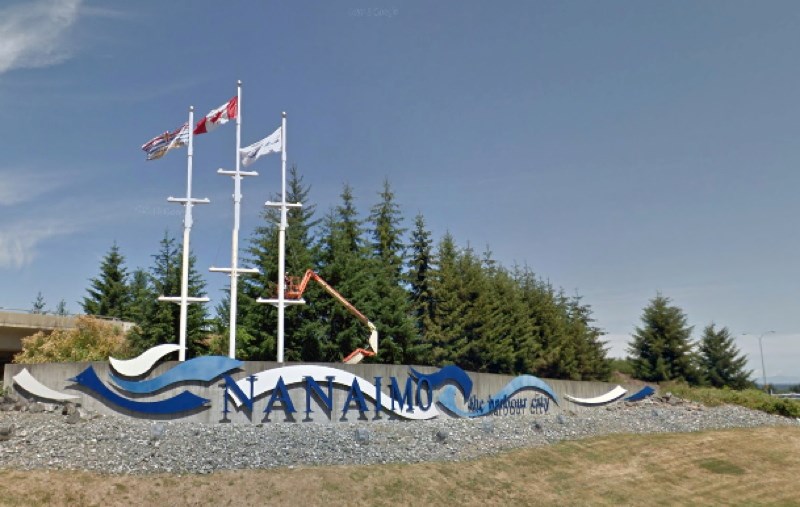The City of Nanaimo is continuing with its efforts to see if there is a way that recreational vehicles can be used to help ease the shortage of affordable housing.
A divided council passed a motion on Monday requiring staff to prepare a report on the options available to support permanent recreational vehicle accommodation.
The city is relatively unique among B.C. municipalities because it allows for both temporary and permanent stays within recreational vehicle parks, council members were told.
A number of properties in the city accommodate both short-term and permanent accommodation, Jeremy Holm, Nanaimo’s director of development approvals, told the governance and priorities committee. To meet municipal rules, they pay taxes related to their use, are properly serviced and provide space and amenities for residents.
He checked with three such combination facilities and they all had wait-lists.
Coun. Don Bonner favours exploring the idea of allowing recreational vehicles on private lots, similar to a carriage house, provided they meet building standards such as a permanent foundation and upgraded electrical systems.
Coun. Zeni Maartman has pushed for the city to investigate mobile home options after Ucluelet announced in the spring that people would be allowed to temporarily live in RVs.
Ucluelet took that step because of a shortage of housing for seasonal workers.
Maartman said there are some rural areas within Nanaimo and wondered if a family member, for example, might be permitted to live in an RV on properties of a certain size.
She had been concerned when a resident living in a mobile home on land within the Nanaimo Regional District was served with an eviction notice.
“What can we do to help those people who would like to follow the bylaws, who would like to do things the right way, but are seeking to help with accommodation for family members relatives, friends, et cetera?” she asked.
Mayor Leonard Krog noted that other municipalities, including Vancouver, are taking steps to ensure people are not living permanently in their RVs. And in Victoria, residents have complained about motorhomes parked overnight and long hours in the Beacon Hill Park area when campers were present.
When is comes to allowing permanent accommodation in neighbourhoods, Krog is cautious, saying: “I’m honestly a bit concerned about opening up this box.”
Nanaimo has several options for accommodating RVs, Holm said.
It allows short-term, non-paying, parking for RVs when construction is underway and a homeowner needs a place to live and short stays of up to 42 days at a home are also allowed.
Mobile home campgrounds are permitted to have RVs on site for up to 90 days per year under rules targeting tourists, he said.
If the city wished to allow RVs within neighbourhoods, that would require consultation, a zoning change and a public hearing.
There could be neighbourhood impacts and issues to do with taxation rates, parking and user rates for services provided, staff told the committee.
Factors such as rising land prices mean there are few options for flat land suitable for an RV facility within the city.
Higher-value urban land result in higher density development, city staff said.
There hasn’t been a new mobile home park built in Nanaimo about 25 years, the committee heard. Staff suggested a more regional discussions might be the way to look at this matter.
cjwilson@timescolonist.com



